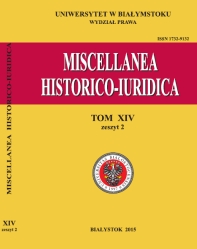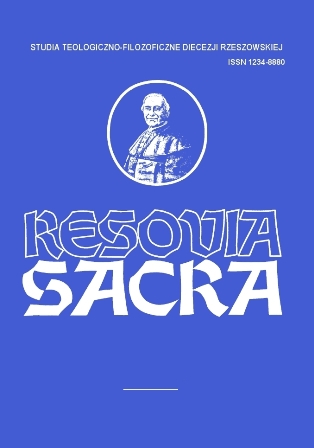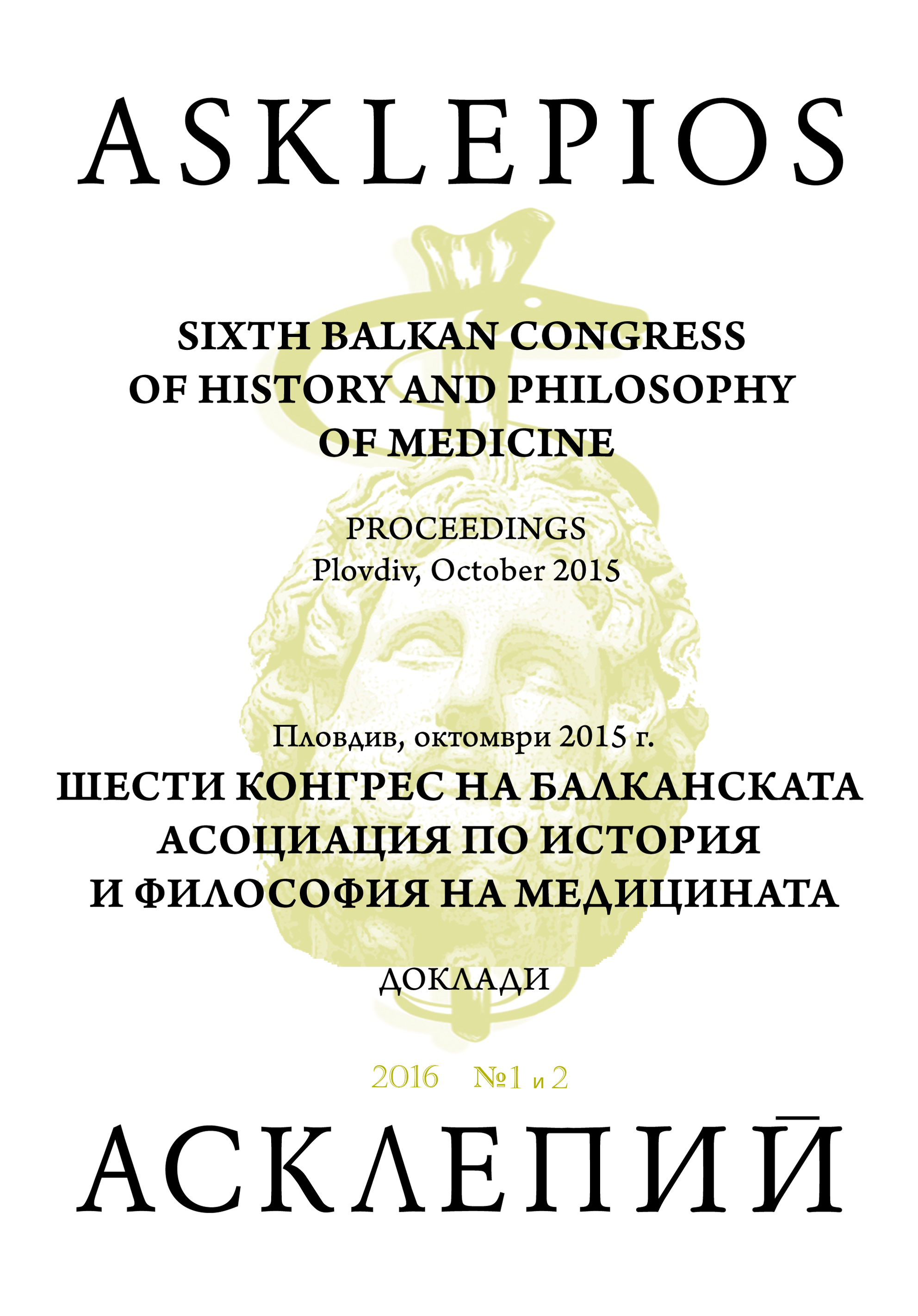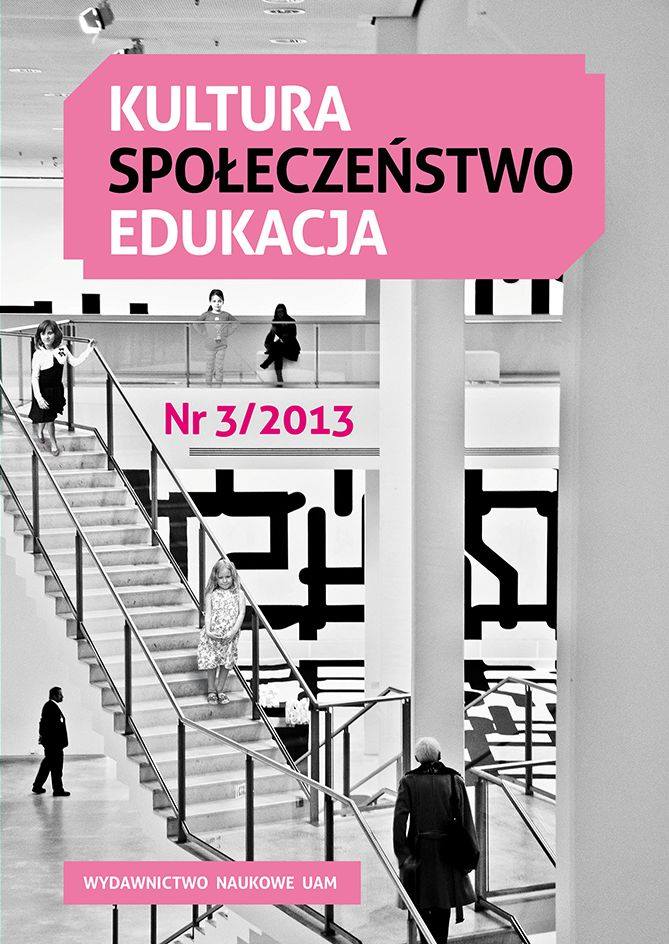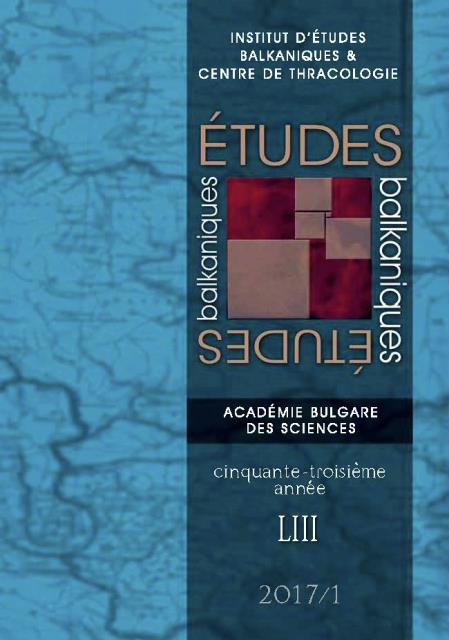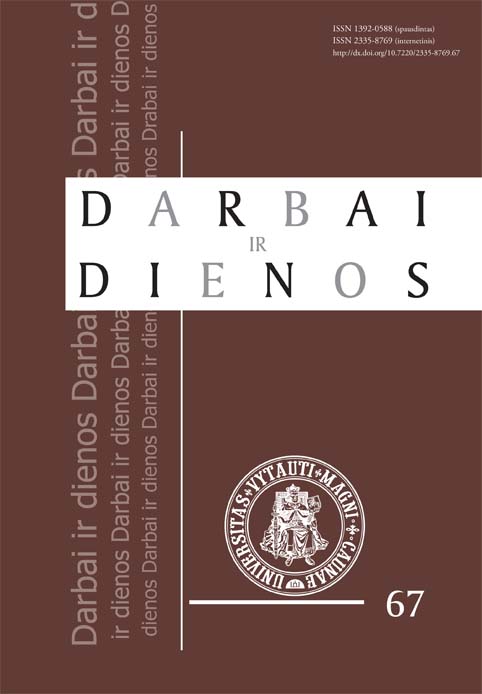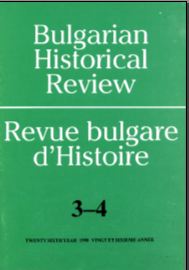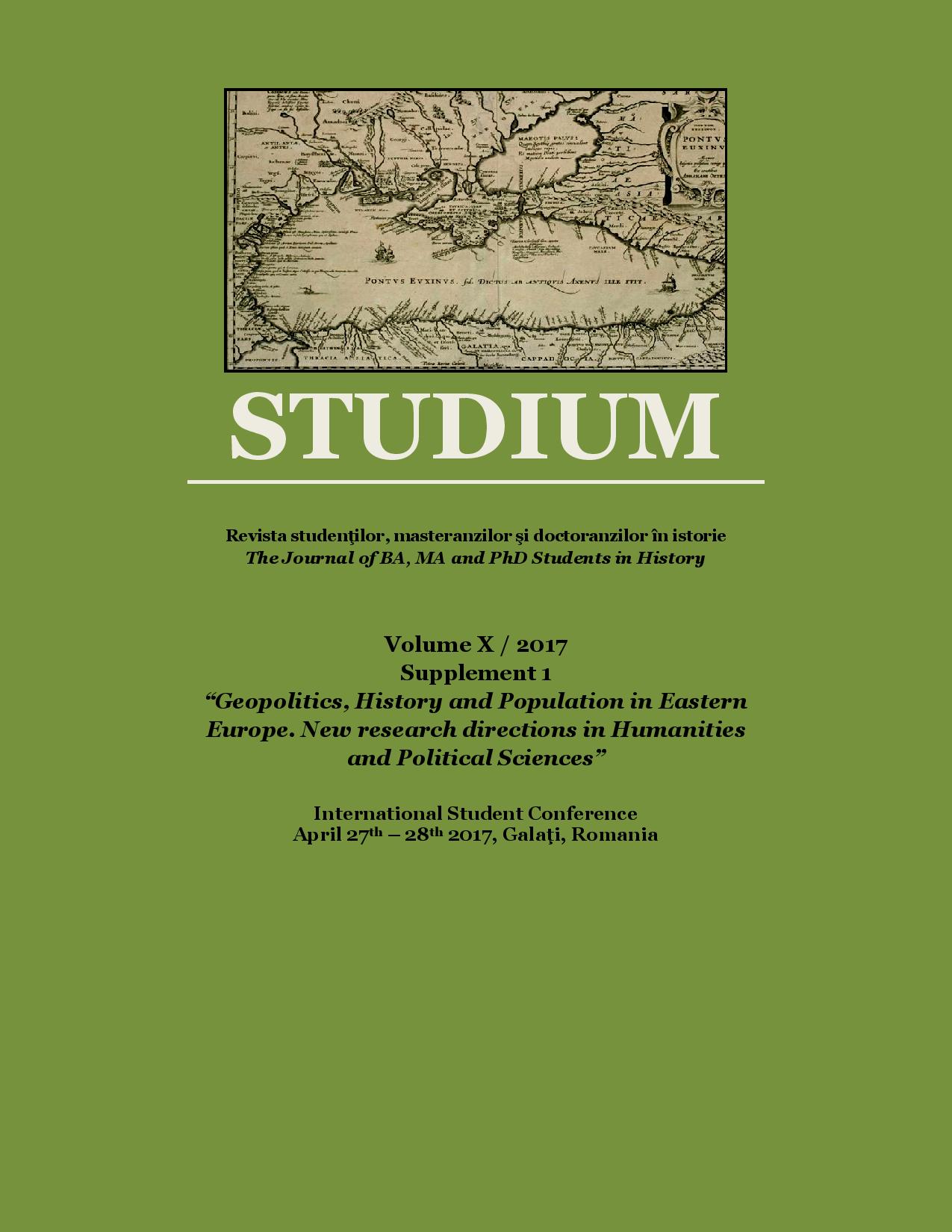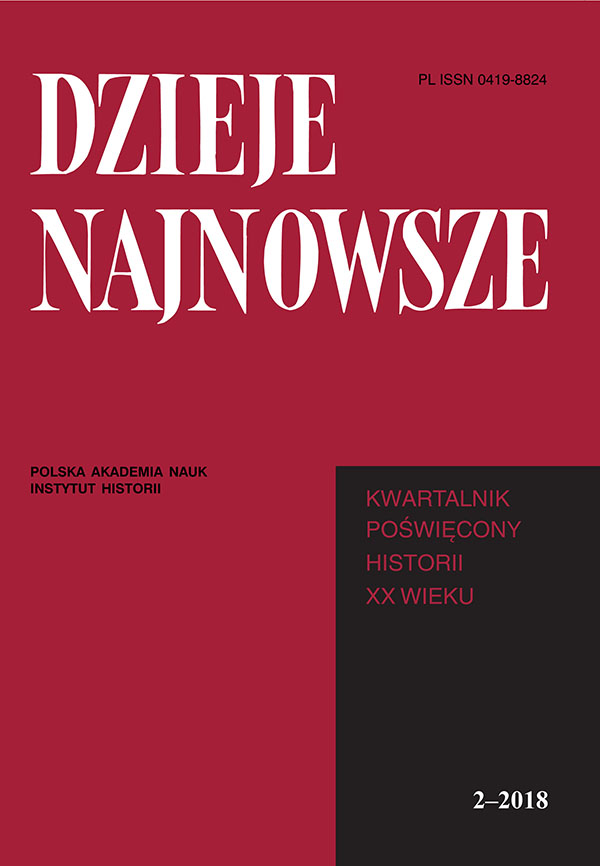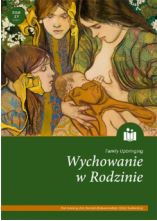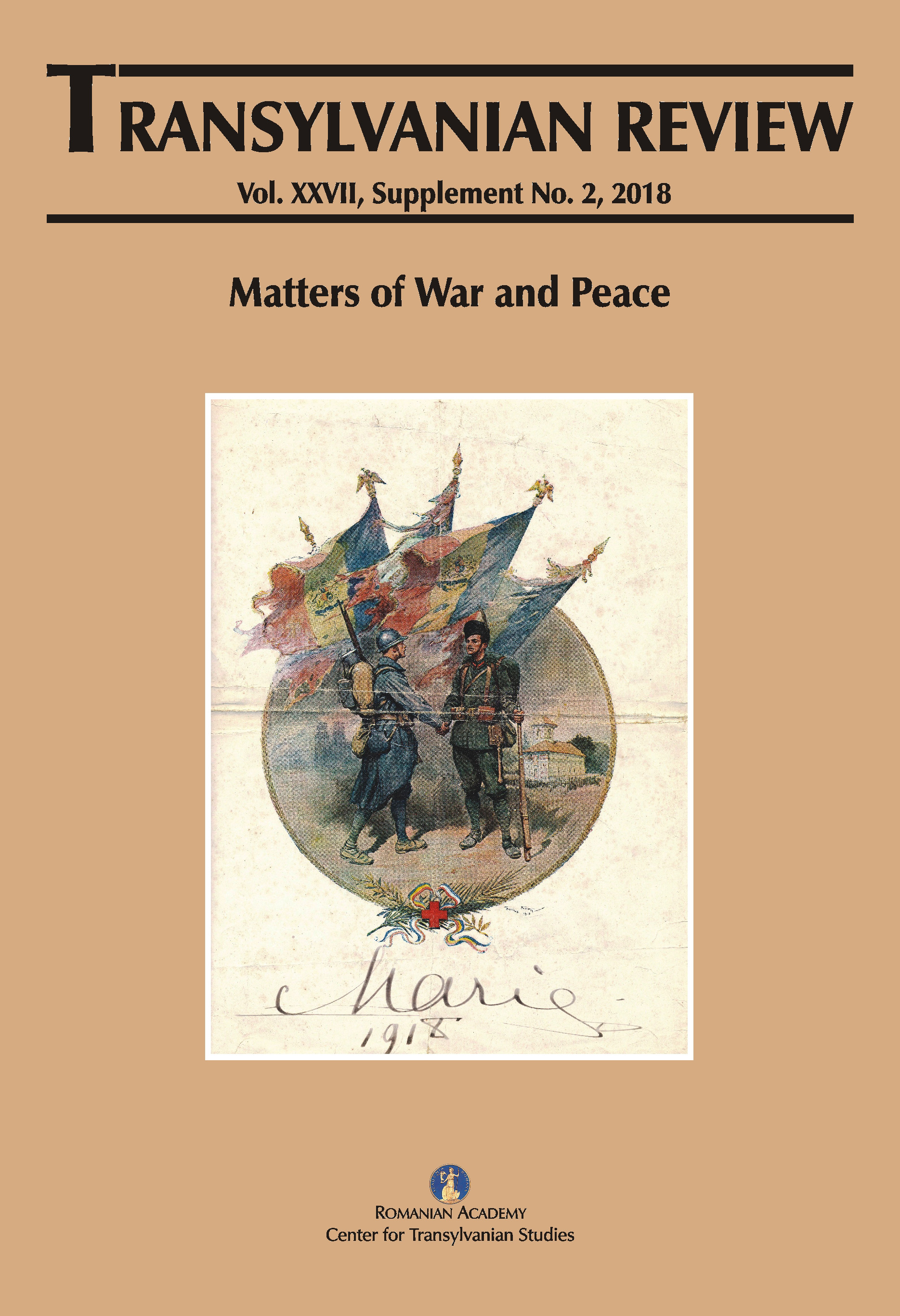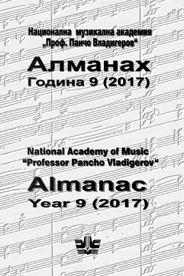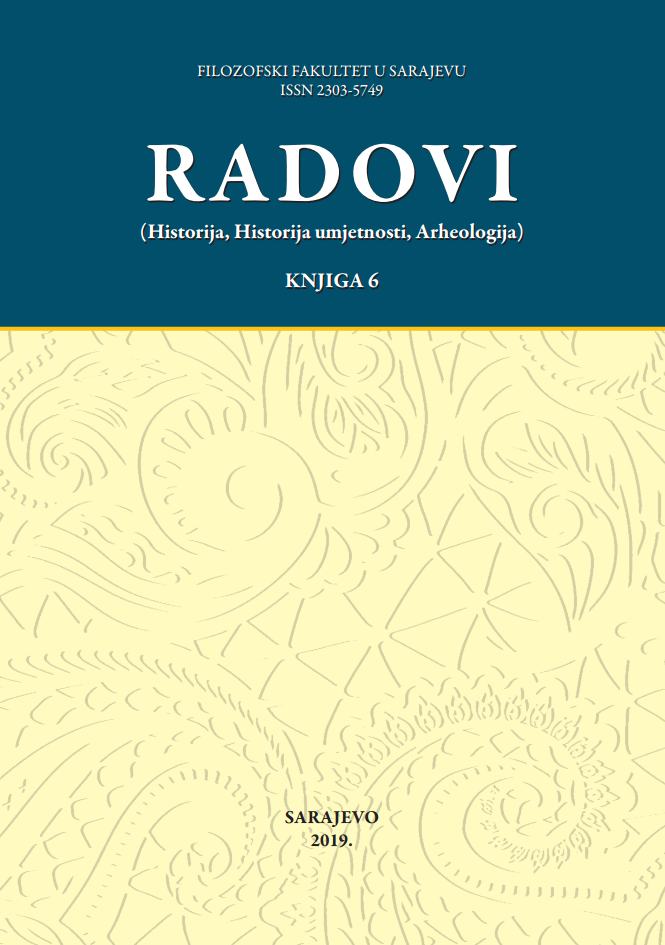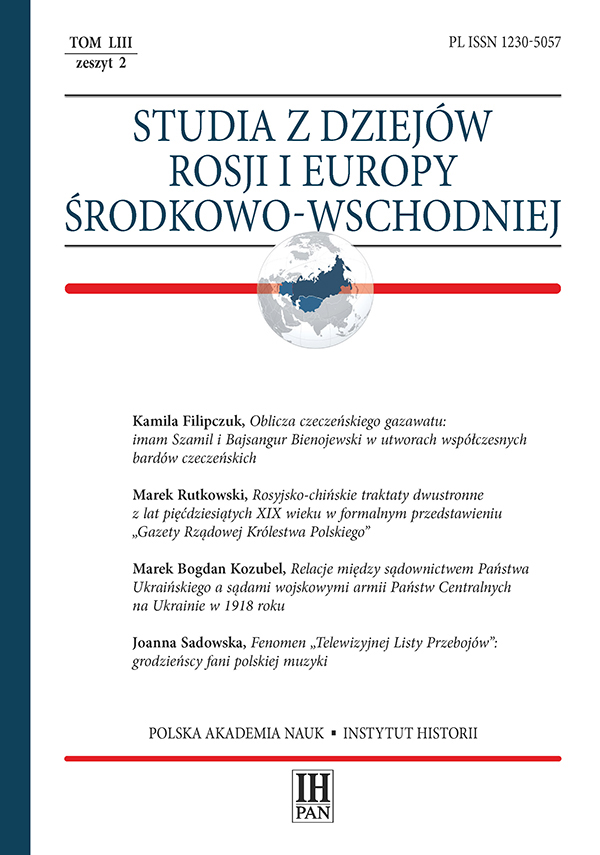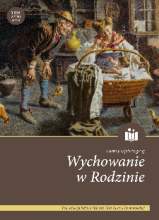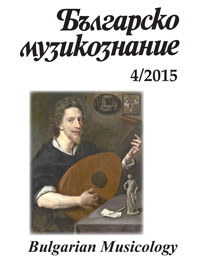
Симфонична поема „Тутраканска епопея” от Димитър Ненов
During my research on the scores contained in the personal archives of Dimitar Nenov, kept at the Scientific Archives of BAS (Holding 216), I found an unknown for the time being music manuscript of the symphonic piece The Epic of Tutrakan. The work belongs to the earliest period of his oeuvre. It could not be dated precisely, but the period of its composition is more or less determinable: 1917–1918. Its title, The Epic of Tutrakan serves as a guide mark as it is identical to that of Dobri Hristov’s overture, also composed in 1917–1918. A comparison of the two pieces makes it clear that both works were composed for the same competition. Nenov has left a detailed note/programme of his work. The score is rather of the compressed score type. Dimitar Nenov has never written a score until then. In some places, he has specified his propositions for instruments. Dimitar Nenov’s early pieces are almost unknown. They provide information about the shaping of the style, manner, ideas, aesthetical influences, genre choices of one of Bulgaria’s most talented and interesting composers of the early twentieth century.
More...
